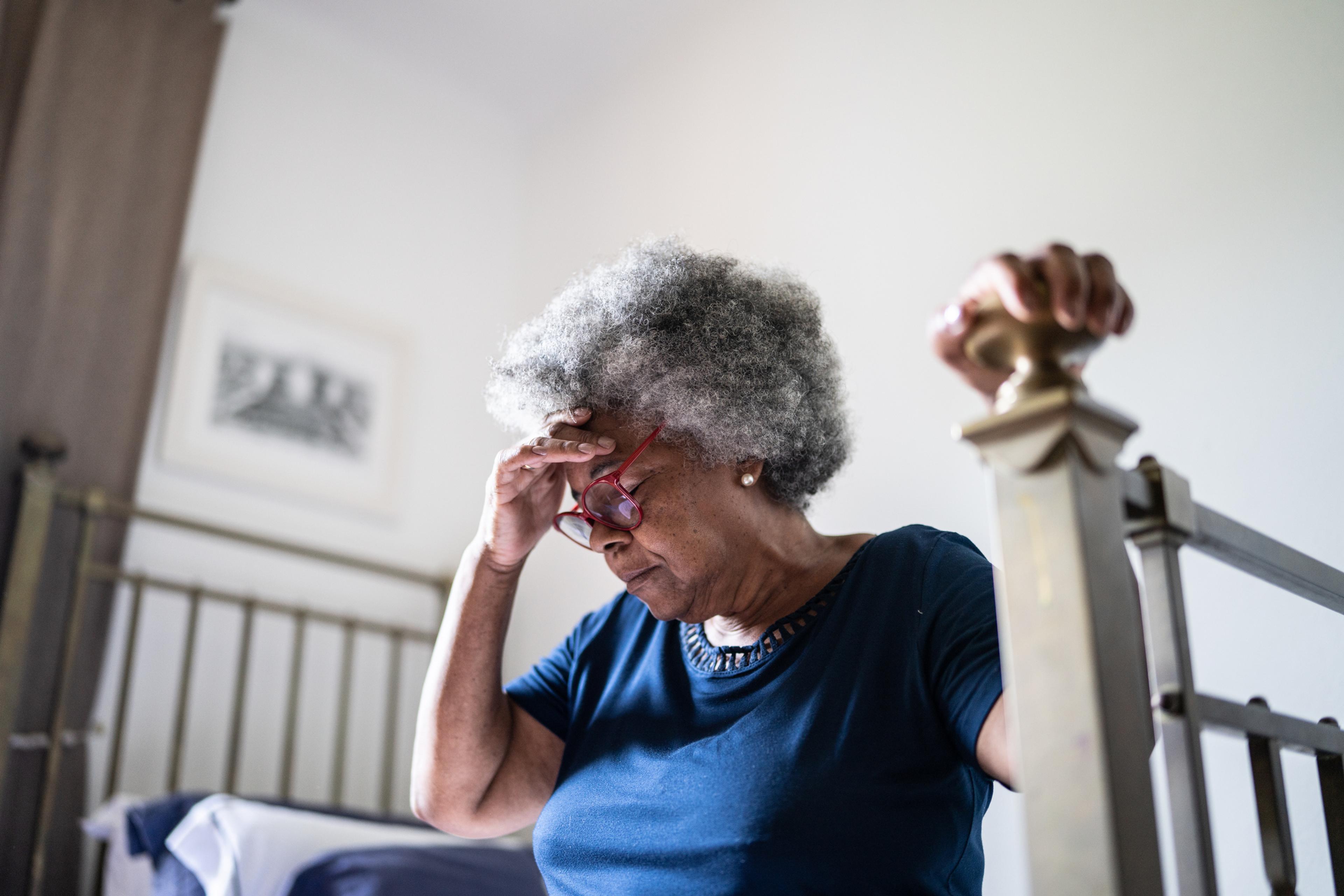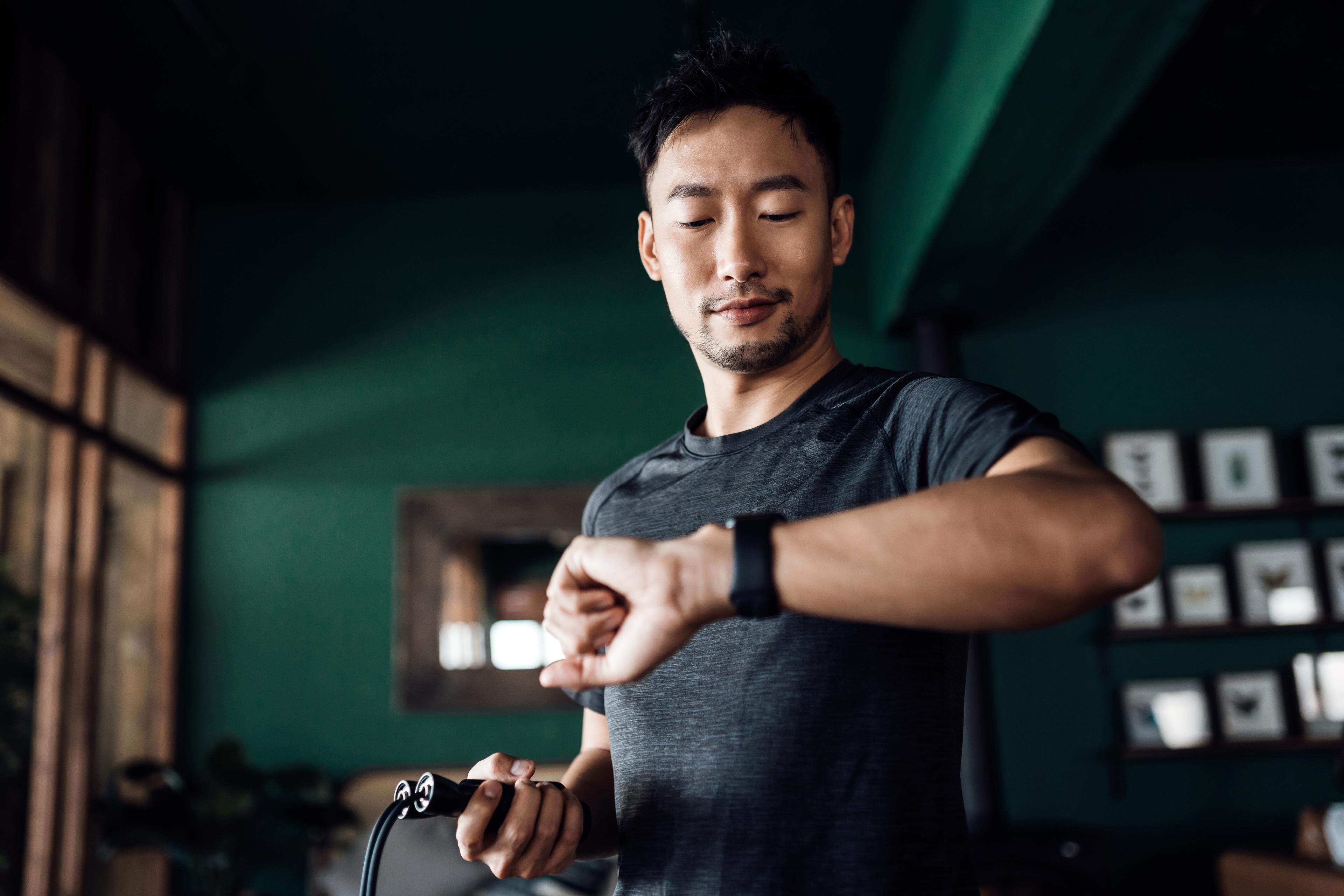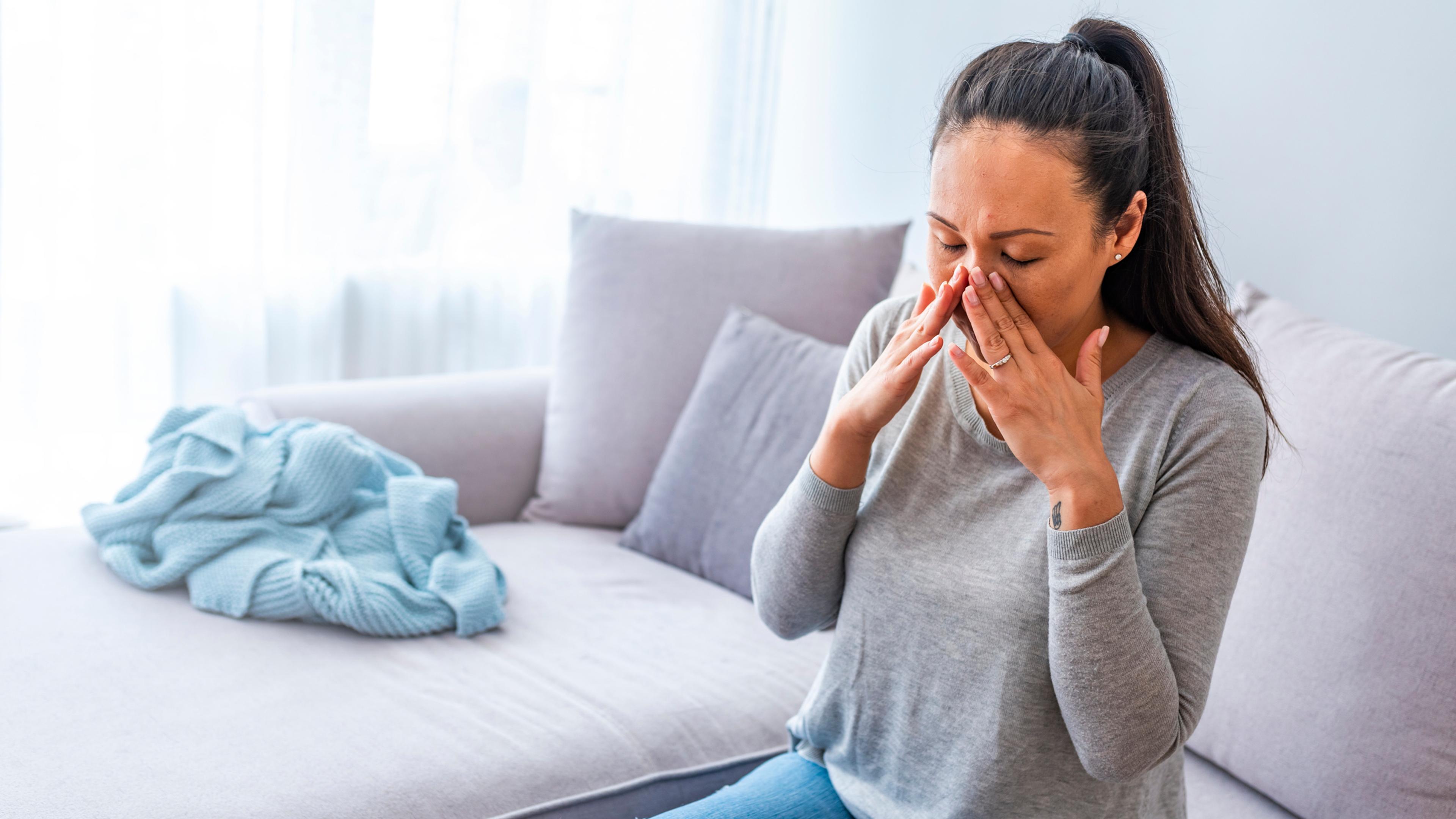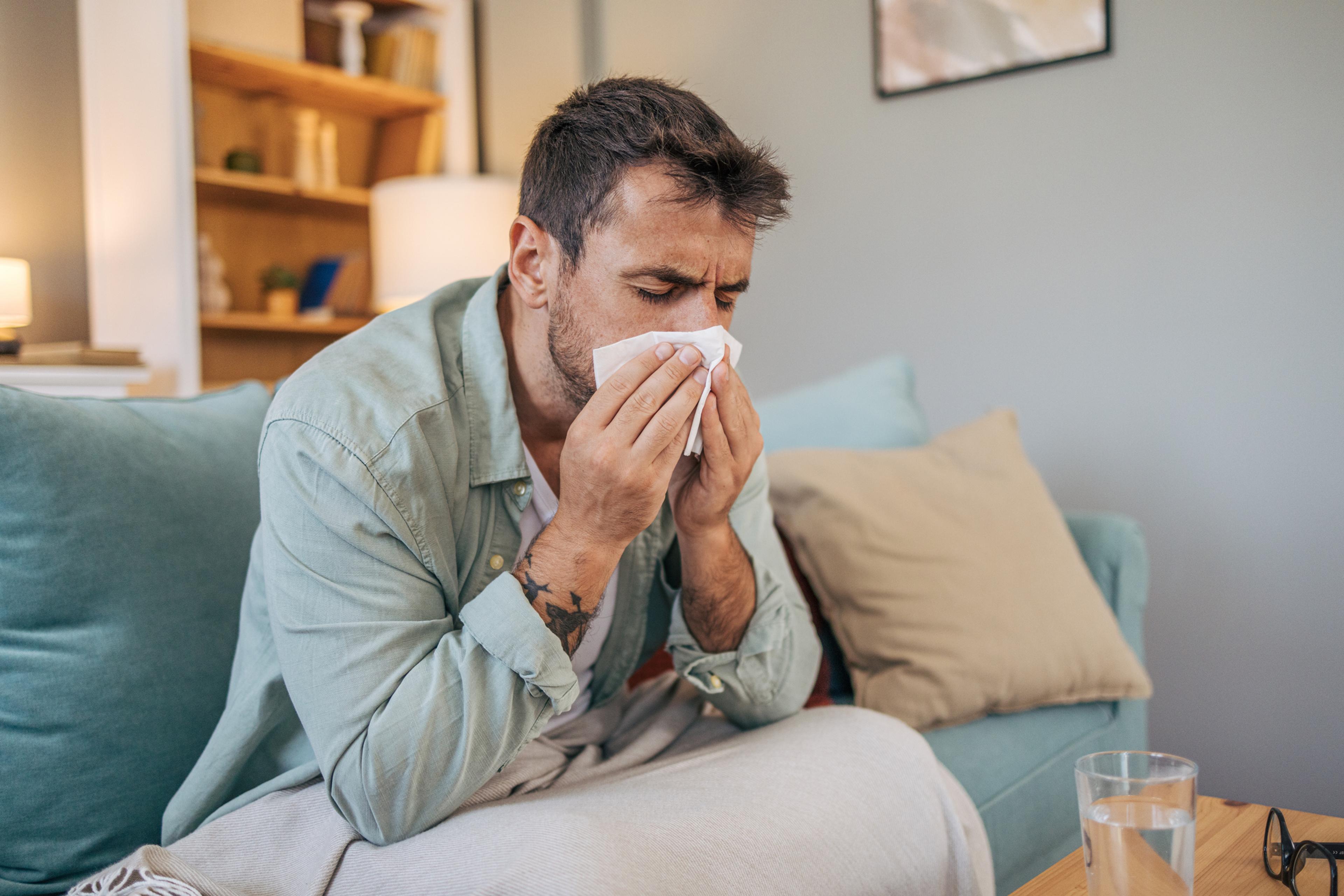How Much Deep Sleep Do You Need?
Jake Newby
| 4 min read
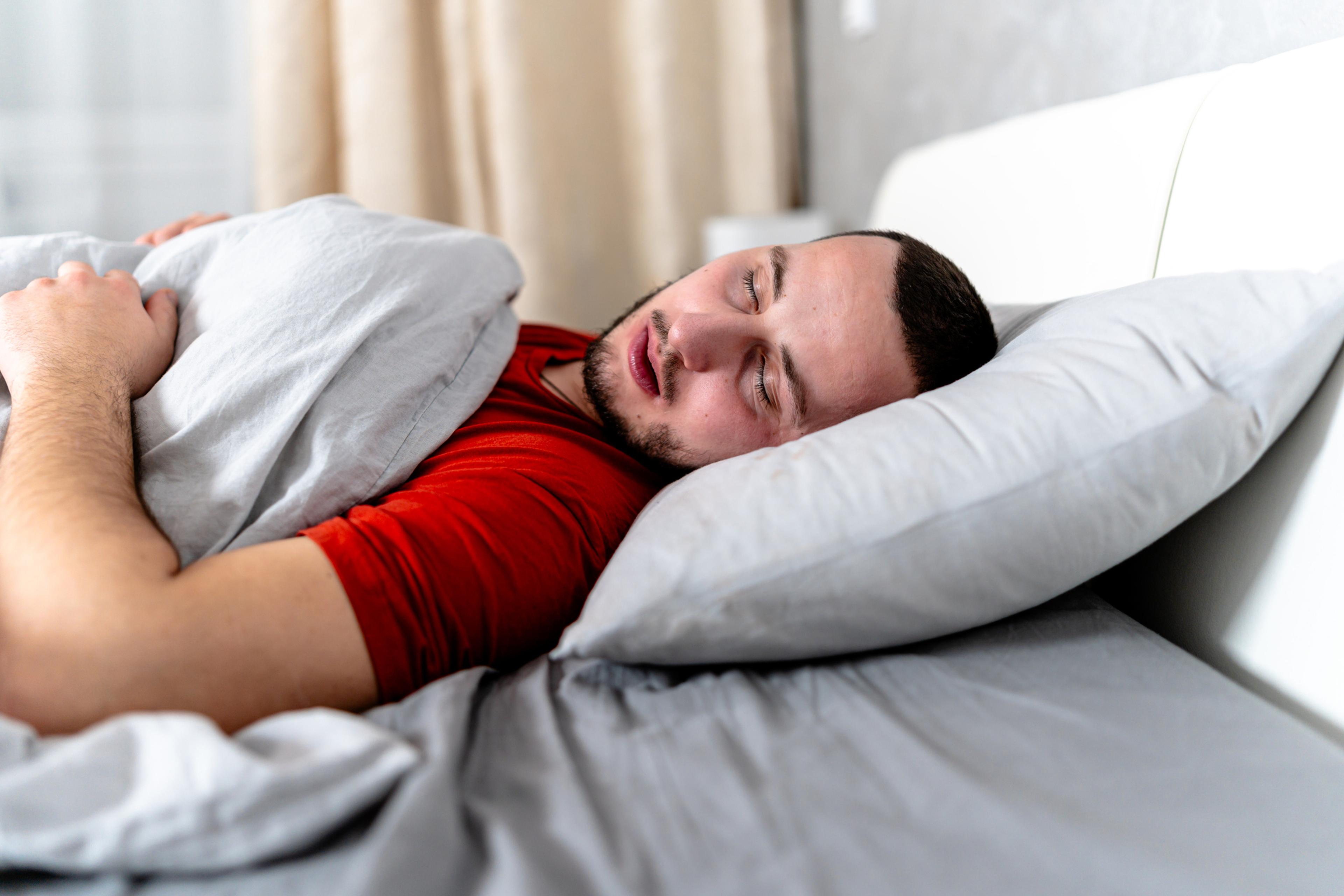
Key Takeaways
- Most adults spend about 10% to 20% of each night in each sleep cycle.
- Various substances, medications and medical conditions can affect the amount of time you spend in the deep sleep stage.
- Practicing good sleep hygiene can help you hit the recommended 25% threshold of deep sleep each night.
If you’re reading this, something about your sleep schedule or lack thereof has you curious about the amount of deep sleep you are getting. We need to spend time in the deep sleep stage to feel truly refreshed the next day. It plays an integral role in good physical and mental health.
Deep sleep is a restorative stage of the sleep cycle that repairs and grows tissue, helps build bone and muscle and also strengthens memories and boosts the immune system. The question is, how much deep sleep do you need to reap these benefits?
What happens during deep sleep?
Sleep can be divided into two types: rapid eye movement (REM) and non-rapid eye movement (NREM). Experts believe you cycle between these two phases of sleep NREM and REM every 90 minutes or so, usually four or five times.
NREM sleep is broken down into three stages, with deep sleep being the third. NREM Stage Three is also known as “slow-wave sleep,” based on a particular pattern that appears in measurements of brain activity. We usually spend more time in this stage during the first hour or two of sleep, according to the National Heart, Lung and Blood Institute.
It becomes increasingly difficult to wake up during the deep sleep stage, according to the Cleveland Clinic, which says you may experience a period of disorientation and brain fog for up to 30 minutes to an hour if woken up while in this stage.
How much deep sleep do adults average per night?
Deep sleep should account for roughly 25% of your nightly sleep. The Sleep Foundation states adults spend about 10% to 20% of each night in each sleep cycle, adding that deep sleep can be self-regulating. This means when you are sleep deprived, your body prioritizes the deep sleep you need on a particular night.
The deep sleep you need by age can be a factor, as deep sleep becomes harder for older adults to attain. Older adults usually get less deep sleep and REM sleep than middle-aged adults, according to the Sleep Foundation.
Aging adults typically spend less time in this stage and more time in the second stage. Research has found deep sleep percentage two decline with age. One study linked a loss of deep sleep to an increased risk of dementia and Alzheimer’s disease.
Is there any way to increase your deep sleep?
Various substances, medications and medical conditions can affect the amount of time spent in the deep sleep stage. Alcohol and stimulants like caffeine can disrupt your overall sleep pattern, leading to less deep sleep.
Additionally, certain cold and allergy decongestants can inhibit deep sleep, according to the American Association of Retired Persons (AARP). Certain decongestants for nasal congestion and runny nose can increase heart rate and heart muscle contractions, which can stir up heart palpations, anxiety, blood pressure and excitability that prevents deep sleep. The AARP lists other drugs that may disrupt sleep here.
Finally, individuals who suffer from common sleep disorders, such as sleep apnea, insomnia restless leg syndrome and narcolepsy may be prevented from getting a deep sleep.
Tips to get a better night’s sleep
Practicing good sleep hygiene can help you hit that ideal 25% threshold of deep sleep each night. Here are tips you can apply right away:
- Go to bed and wake up at the same time each night, even on weekends.
- Avoid alcohol and caffeine several hours before bed.
- Avoid screen time one to two hours before bed.
- Exercise during the day to regulate energy levels.
- Create a dark, cool sleeping environment in which your blinds and curtains are shut, the temperature is between 60- and 67-degrees Fahrenheit and your bedroom is free of unwanted noise. You can also try wearing a sleep mask or earplugs.
- When unable to sleep, don’t sit in bed waiting to fall asleep. Get up and return to bed when you feel like retiring.
More from the MIBD Sleep Series:
Photo credit: Getty Images

